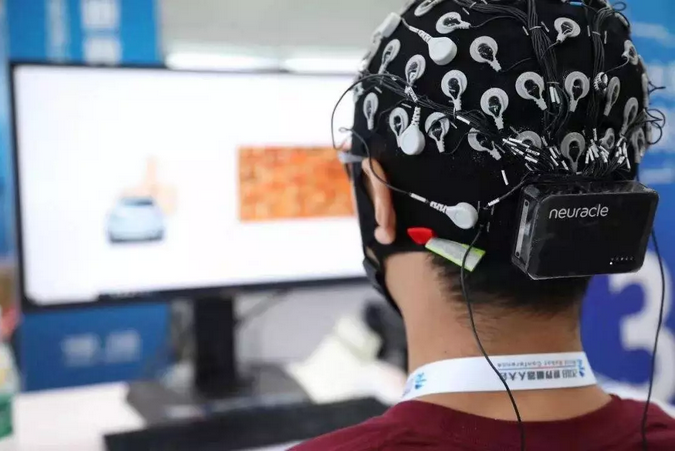
Revolutionizing Minds: Advances in Brain-Computer Interfaces
In the realm of neuroscience and technology, Brain-Computer Interfaces (BCIs) have emerged as a revolutionary force, pushing the boundaries of what’s possible in human-machine interaction. This article explores the latest advancements in BCIs, highlighting their transformative impact on various aspects of our lives.
The Fusion of Brain and Technology
Brain-Computer Interfaces represent a groundbreaking fusion of the human brain and cutting-edge technology. These interfaces enable direct communication between the brain and external devices, allowing individuals to control computers, prosthetics, and even communicate with others, solely through their thoughts. The potential applications of BCIs extend across medical, educational, and assistive technology domains.
Medical Breakthroughs: Restoring Independence
One of the most profound impacts of BCIs is seen in the medical field. BCIs have the potential to restore independence to individuals with paralysis or severe motor impairments. By decoding neural signals and translating them into actionable commands, BCIs can control robotic limbs, giving paralyzed individuals the ability to perform essential tasks and regain a sense of autonomy.
Cognitive Enhancement and Neurofeedback
Beyond medical applications, BCIs are being explored for cognitive enhancement. Neurofeedback, a technique facilitated by BCIs, allows individuals to observe and regulate their brain activity. This technology holds promise for improving focus, memory, and cognitive performance. As our understanding of the brain advances, BCIs may play a key role in unlocking the full potential of the human mind.
Challenges in Interface Precision
While BCIs offer tremendous potential, challenges related to interface precision remain. Achieving fine-grained control over devices and ensuring accurate interpretation of neural signals pose ongoing hurdles. Researchers are actively working to refine BCI algorithms and enhance the reliability and efficiency of these interfaces to overcome these challenges.
The Ethics of Mind-Reading Technology
The rise of BCIs raises ethical questions surrounding privacy and mind-reading capabilities. As BCIs advance, the potential to access and interpret an individual’s thoughts prompts discussions about consent, security, and the need for ethical guidelines. Striking a balance between the benefits of BCI technology and the protection of individuals’ mental privacy is a critical consideration in its continued development.
Educational Frontiers: Learning through Neural Interfaces
In education, BCIs hold promise for creating innovative learning experiences. Imagine a classroom where students can interact with educational materials and interfaces directly through their thoughts. BCIs could offer new avenues for personalized learning, catering to individual cognitive processes and preferences, thereby revolutionizing the traditional education system.
Realizing Human-Computer Symbiosis
BCIs are steering us towards a future of true human-computer symbiosis. As these interfaces become more sophisticated, seamless integration with technology may redefine how we perceive and interact with the digital world. This symbiotic relationship could lead to enhanced problem-solving, creativity, and a deeper connection between humans and machines.
The Road Ahead: Research and Development
The journey of BCIs is far from over. Ongoing research and development efforts are focused on refining existing technologies and exploring novel applications. As scientists unravel more about the complexities of the human brain, BCIs will likely become even more sophisticated, opening new frontiers in neurotechnology.
Global Impact on Accessibility
The potential global impact of BCIs on accessibility cannot be overstated. These interfaces have the potential to bridge gaps for individuals with physical disabilities, enabling them to fully participate in various aspects of life. Ensuring equitable access to BCI technology is crucial to harnessing its transformative power on a global scale.
To learn more about the latest developments in Brain-Computer Interfaces, visit Brain-Computer Interfaces.
Note: The provided URL is a placeholder and should be replaced with the actual URL of the website or resource you want to link to.

